This is the first day that the 2024 Notarization Law and Decree 104/2025/ND-CP officially take effect, opening a period of strong digital transformation in notarization activities, especially the implementation of electronic notarization and electronic record storage.

At Notary Office No. 1, Ho Chi Minh City (Pasteur Street), people come to do procedures continuously. In the role of people going to certify documents, we witnessed a morning of urgent work of specialists and notaries. When we asked about taking photos when notarizing documents, records and applying electronic notarization, the specialists here answered enthusiastically and clearly.
On the morning of July 1, most private notary offices had to go to competent authorities to change their seals, while state notary offices such as Notary Office No. 1 began to carry out work according to new regulations.
Talking to SGGP Newspaper, Mr. Nguyen Ho Phuong Vinh, Deputy Head of Notary Office No. 1 of Ho Chi Minh City, said that without waiting until July 1, the unit had conducted internal training, built procedures on who does what, how to store, and how to convert from paper to electronic records.
According to regulations, starting from July 1, paper notarized records must be converted into data messages for electronic storage for notarized transactions. Notarized records made before July 1, 2025 will be converted and stored electronically according to the operational requirements of the notary organization managing the records.
According to Mr. Vinh, currently in Ho Chi Minh City as well as the whole country, electronic notarization is being deployed in many directions, and the software is also being tested in a variety of ways. Particularly, Ho Chi Minh City's CMC software has been trained to the Department of Justice, and notary offices have also seen the demo version of the electronic notarization software. However, the most important thing is still the actual needs of the people.
“All notary organizations can equip themselves with electronic notarization systems, but if people do not need them, they will still choose paper notarization as before. Most electronic notarization is currently only used in agencies and units that require online document submission,” Mr. Vinh analyzed.
Although there are still many things to improve, Mr. Vinh believes that if implemented in the right direction, electronic notarization will bring great benefits. If agencies synchronize and share data, then fake documents will almost no longer exist. Fake land ownership papers, fake identity papers, all can be eliminated if the data is digitized, verified by biometrics, fingerprints, eye photos... Notaries only need to look up to detect it immediately.
According to notary Nguyen Ho Phuong Vinh, the law change is to serve the people better, but for the conversion to be truly effective, it takes time for people to get used to it, requires a synchronous technological infrastructure and a change in thinking from notaries and agencies receiving documents.
On the first day of implementing the new law, although there are still many things to adjust, the atmosphere at notary offices shows a positive signal.
Not all types of documents require a photo.
According to notary Nguyen Ho Phuong Vinh, not all types of documents when notarized require a photo of the signer. Notarization activities at notary organizations are divided into many types, including certifying transactions, certifying true copies of originals, certifying signatures and certifying translators' signatures.
Of these, only the certification of transactions, also known as notarized documents, requires taking photos of all parties signing to ensure the authenticity of the transaction. In addition, some activities such as certifying copies from originals, certifying signatures, or certifying the signature of interpreters do not require taking photos.
However, the regulation of taking photos when certifying transactions sometimes gives rise to "half-laughing, half-crying" situations. "For example, we are invited to sign outside the headquarters, but it is a detention center or a place where taking photos is prohibited. In that case, there needs to be a consensus, or the notary unit must be flexible, or the inviting party must create suitable conditions. It cannot be rigid, certainly one of the two parties will have to proactively adjust," Mr. Vinh shared.
Source: https://www.sggp.org.vn/ngay-dau-ap-dung-luat-cong-chung-moi-nhip-lam-viec-tat-bat-ky-vong-ve-su-thay-doi-lon-post802068.html


![[Photo] General Secretary attends the parade to celebrate the 80th anniversary of the founding of the Korean Workers' Party](https://vphoto.vietnam.vn/thumb/1200x675/vietnam/resource/IMAGE/2025/10/11/1760150039564_vna-potal-tong-bi-thu-du-le-duyet-binh-ky-niem-80-nam-thanh-lap-dang-lao-dong-trieu-tien-8331994-jpg.webp)
![[Photo] Opening of the World Cultural Festival in Hanoi](https://vphoto.vietnam.vn/thumb/1200x675/vietnam/resource/IMAGE/2025/10/10/1760113426728_ndo_br_lehoi-khaimac-jpg.webp)

![[Photo] Ho Chi Minh City is brilliant with flags and flowers on the eve of the 1st Party Congress, term 2025-2030](https://vphoto.vietnam.vn/thumb/1200x675/vietnam/resource/IMAGE/2025/10/10/1760102923219_ndo_br_thiet-ke-chua-co-ten-43-png.webp)










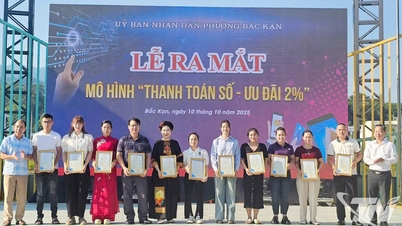









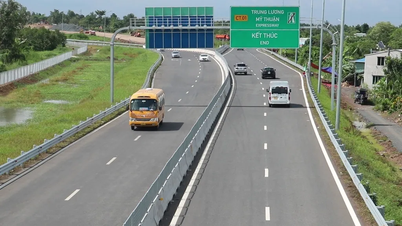







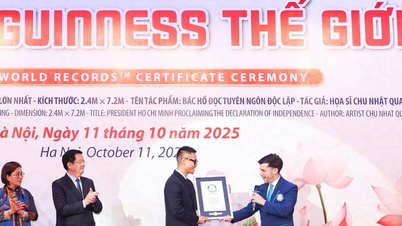


















































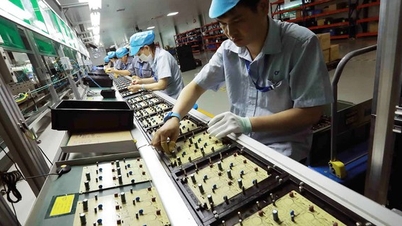
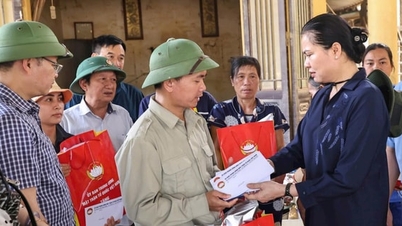




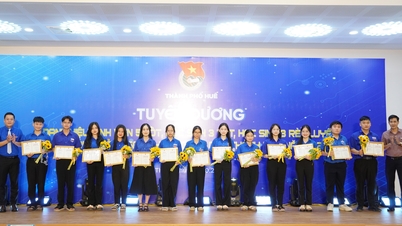













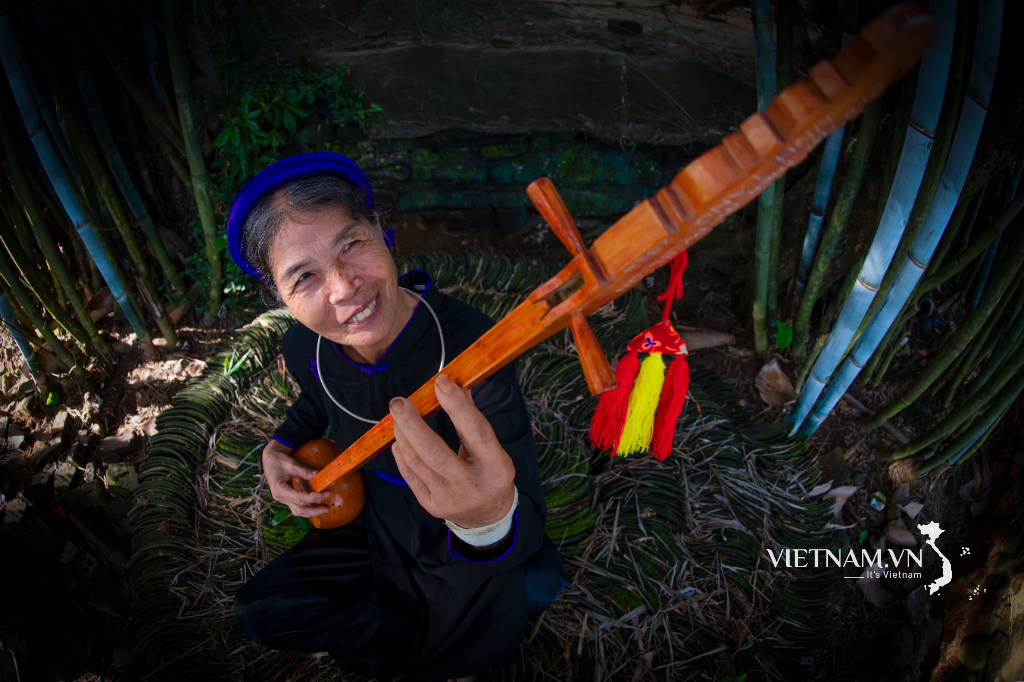


Comment (0)